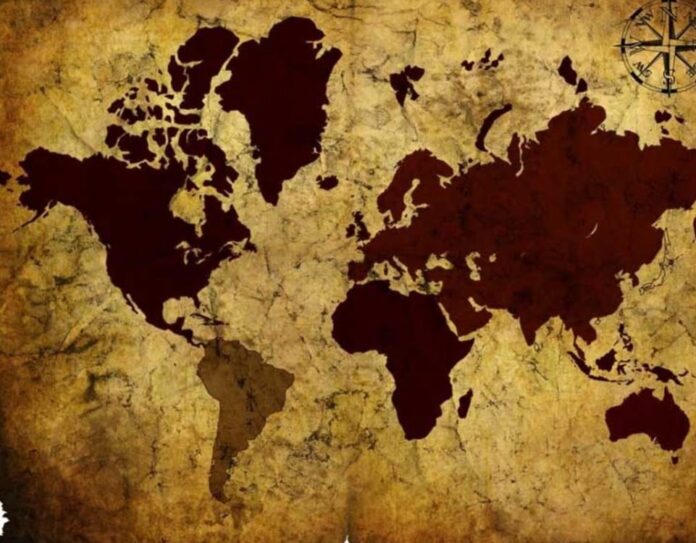“Exploring the Shifting Sands of Global Influence”
The idea of a “New World Order” or a “Multipolar World” has been widely discussed and debated in the field of international relations. These terms refer to potential changes in the global balance of power, where different countries or groups of countries play increasingly important roles.
The concept of a New World Order generally suggests a redistribution of power from Western powers to emerging economies and other regions of the world. This could involve a decline in the influence of traditional superpowers like the United States, and the rise of countries like China, India, or Brazil. Supporters argue that this shift can create a more balanced and fair international system, leading to increased cooperation and understanding among nations.
However, critics of the New World Order express concerns about potential power struggles, competition, and conflicts that may arise as different countries vie for influence. They believe that such a shift could lead to instability and a lack of global governance, as states with diverse interests may struggle to cooperate effectively.
The concept of a Multipolar World is closely related but focuses more on the existence of multiple centres of power and influence. In this model, several powerful states or blocs would coexist and have significant influence on global affairs. Each centre of power would possess different economic, military, and political capabilities, contributing to a more diverse and complex global landscape.
(When it comes to BRICS, (Brazil, Russia, India, China, and South Africa) is a grouping of emerging economies that have formed a cooperative bloc aiming to enhance their global influence and economic cooperation.
While the BRICS countries have been increasing their economic and geopolitical influence, it is important to note that challenging Western influence and establishing a new global power balance is a complex and ongoing process.
The BRICS bloc has been promoting South-South cooperation, which refers to collaboration and partnerships among developing countries. This cooperation aims to reduce dependency on Western powers and foster mutual benefit through trade, investment, and development projects.)
The debate surrounding the New World Order and a Multipolar World involves various perspectives. Some believe that these shifts can foster a more inclusive and democratic international system, while others express concerns about potential conflicts and uncertainties. It is important to note that the actual outcome of such shifts depends on numerous factors, including the actions and policies of individual countries, collective institutions such as the United Nations, and global cooperation efforts.
Western experts have suggested that Western influence is declining in certain areas, primarily due to a combination of factors. Some of the reasons often cited include:
1. Economic Shifts: Emerging economies, particularly in Asia, have experienced rapid economic growth, challenging the traditional dominance of Western economies. Countries like China and India have seen significant increases in their economic power, contributing to a relative decline in Western economic influence.
2. Geopolitical Realignment: Geopolitical dynamics have been gradually changing, with the rise of new regional powers and changing alliances. Countries like China and Russia have pursued assertive foreign policies, challenging the Western-led international order. As a result, the influence and leverage of Western powers have been affected, particularly in regions where new power centers have emerged.
3. Domestic Challenges: Western countries themselves have faced internal challenges that have affected their ability to project influence globally. Factors such as economic recessions…
4. Perception of Western Decline: Some experts believe that the West has lost some of its moral authority and soft power due to controversies like the Iraq War, the global financial crisis, and other socioeconomic challenges. This perception has led to a loss of confidence in Western leadership and potentially diminished Western influence in global decision-making processes.
It is important to note that while Western influence may have declined in certain aspects, Western powers still hold significant political, economic, and military influence globally. Moreover, Western countries often maintain strong alliances, advanced technological capabilities, and leadership positions in international organizations, enabling them to exert significant influence in specific areas.
The idea of Western influence waning should be viewed within a broader context that recognizes the multipolarity of the global order and the increasing role of emerging powers. Global power dynamics are evolving and different regions and countries have unique strengths and challenges that contribute to the shifting balance of influence. The End
Mohamed Mohamoud Adde is an academic and a political Analyst specialising in offering expert analysis, insight and recommendations on Political developments.
(His goal is to aid stakeholders in making informed decisions and comprehending the complex dynamics of political systems.)


